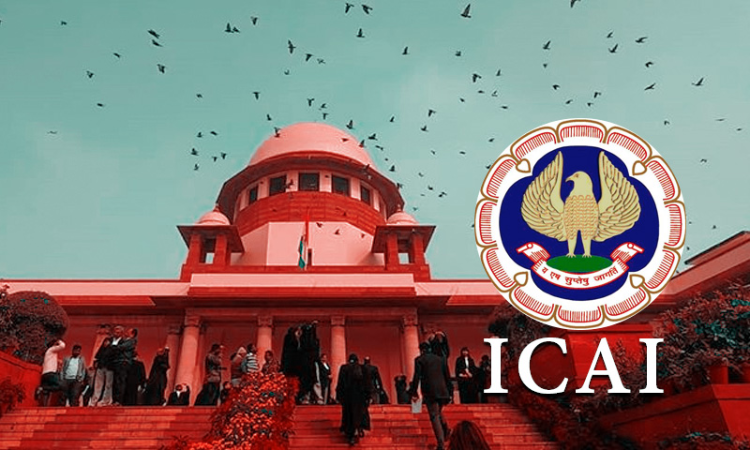Supreme Court To Hear Plea Challenging ICAI Rule Limiting Number Of Tax Audits By Chartered Accountants Per Year
Awstika Das
26 Sept 2022 10:58 AM IST

Next Story
26 Sept 2022 10:58 AM IST
A Division Bench of the Supreme Court of India on September 22 continued hearing the challenge against a rule issued by the Institute of Chartered Accountants Of India (ICAA) barring members from accepting more than the "specified number of tax audit assignments" (at present, the upper limit is set at 60) in a financial year. This matter is now being adjudicated almost two years after...
